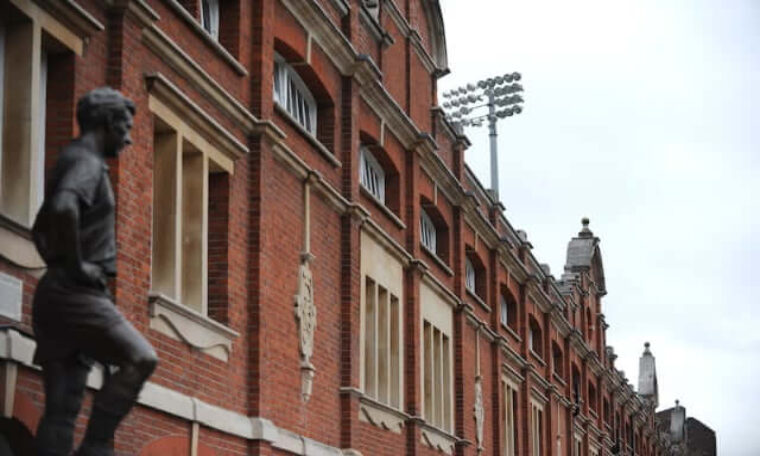Independent Football Regulator update

At our Board meeting on 2 September we were joined by Martyn Henderson, Interim Chief Operating Officer of The Independent Football Regulator (IFR).
We were given a presentation which covered the following:-
- Scope of the IFR,
- Update on implementation and next steps,
- What does this mean for fans
The IFR will be responsible for licensing Clubs.
What is the scope of the IFR
What’s in the IFR’s scope?
- 116 clubs in top 5 leagues
- Financial Regulation
- Strengthened Owners and Directors Tests
- Fan engagement requirements – see further comment below
- Corporate Governance Code
- Protections for club heritage (stadium, badge, kit colours)
- Prohibited competitions (eg. European Super League)
- Distributions – the IFR will have backstop powers if the PL/EFL/NL cannot agree on distribution payments
What’s not in the IFR’s scope?
- Clubs competing in Step 6 and below
- Women’s football. This may well be something that comes on board in the future if there is found to be a case for regulation.
- Match scheduling
- VAR
- PSR/ FFP
- Sporting sanctions, e.g. points deductions
- Customer service
Fan engagement and consultation – the meeting of requirements will be a condition of club licences – each club will need to have a licence. Each club will also have an IFR Supervisor attached to them who will monitor performance against the “in scope” requirements. If clubs do not meet the licence conditions, then the IFR can act by working closely with the Club concerned to move towards compliance.
Each club will need to have ‘adequate and effective’ means by which it regularly consults its fanbase and takes those views into account when making decisions on the relevant matters, which are defined as:
- The club’s strategic direction and objectives.
- The club’s business priorities.
- Operational and match-day issues, including ticket pricing: Although the IFR has no control over pricing it will monitor that this issue is discussed with fan groups.
- The club’s heritage.
- The club’s plans relating to additional fan engagement.
Clubs will have flexibility in the range of fan engagement measures they can utilise, but the IFR will publish guidance outlining expectations for the standards clubs should meet.
The IFR as a regulator of football is here to keep clubs in line and prevent failures. A prevention not a cure.
Implementation
The IFR role is to build an agile, skilled and efficient organisation that can deliver a world class regulatory regime for football
- The Shadow Football Regulator was announced by the previous Government in March 2024.
- A transition team, comprising legal, economic, regulatory and policy specialists, based for now within Department for Culture, Media and Sport.
- Operates separately from the “Bill” team, recognising the future independence of the IFR.
Work is broadly split up into four main areas: organisational set up; research and analysis; scoping of regulatory policy; and engagement with industry
Next steps
- The Football Governance Bill received Royal Assent in July. (NB The IFR will not begin to regulate immediately; for now, it has no powers).
- Legal establishment of the IFR is now underway and will conclude in October.
- Preferred IFR Chair candidate is media rights expert David Kogan OBE, who has been endorsed by the DCMS Select Committee.
- Further senior appointments expected to follow shortly, including the CEO and Non-Executive Directors.
This will be an evolving process.
